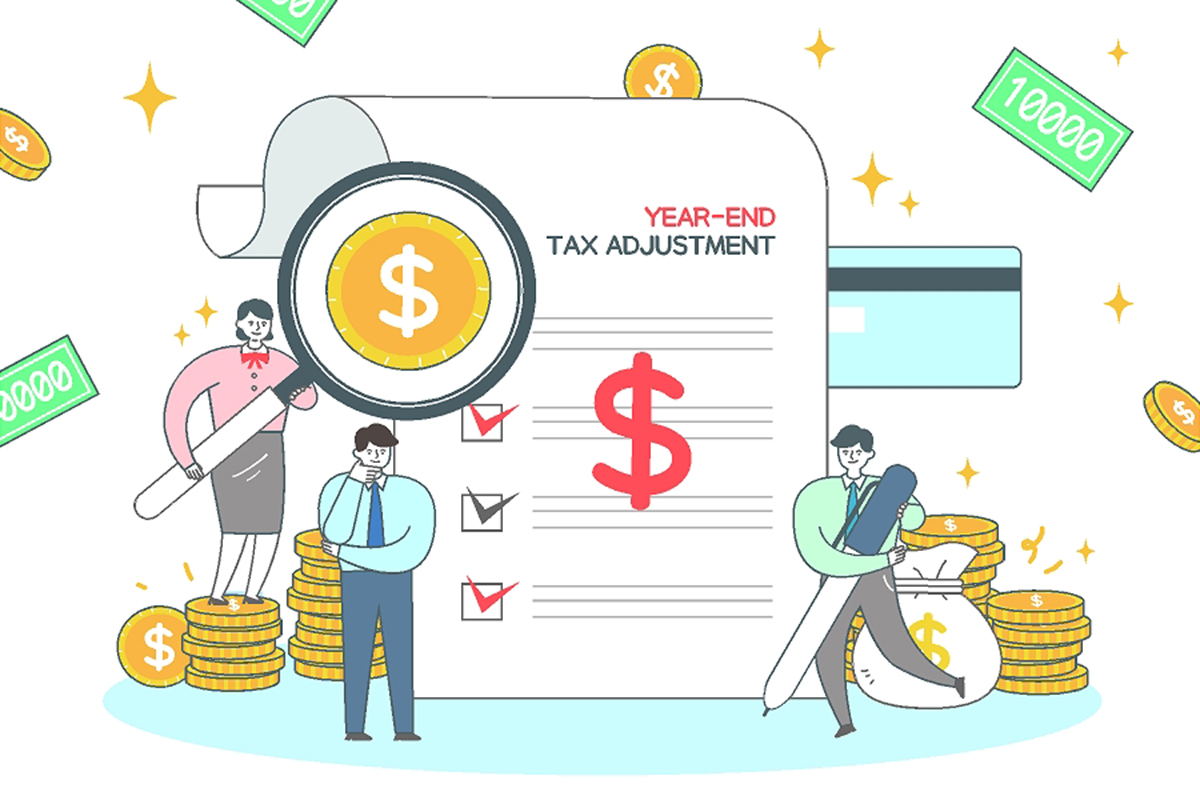SUBSCRIBE
Enter your Name and Email address to get
the newsletter delivered to your inbox.
Please include name of person that directed you to my online newsletter so I can thank them personally.

Fineman CPA Group
The Village Shoppes
95 Washington Street, Suite 203
Canton, MA 02021
Phone: 781-821-2727
Email: bob@finemancpa.com
Website: www.finemanCPA.com

The more your business minimizes its tax liability, the better your bottom line. So, let’s look at some things you may be able to do between now and year-end to possibly lower your tax bill in April.
Enter your Name and Email address to get
the newsletter delivered to your inbox.
Please include name of person that directed you to my online newsletter so I can thank them personally.
Enter your Name, Email Address and a short message. We'll respond to you as soon as possible.
The information and opinions contained in this web site are obtained from sources believed to be reliable, but their accuracy cannot be guaranteed. The publishers assume no responsibility for errors and omissions or for any damages resulting from the use of the published information. This web site is published with the understanding that it does not render legal, accounting, financial, or other professional advice. Whole or partial reproduction of this web site is forbidden without the written permission of the publisher.